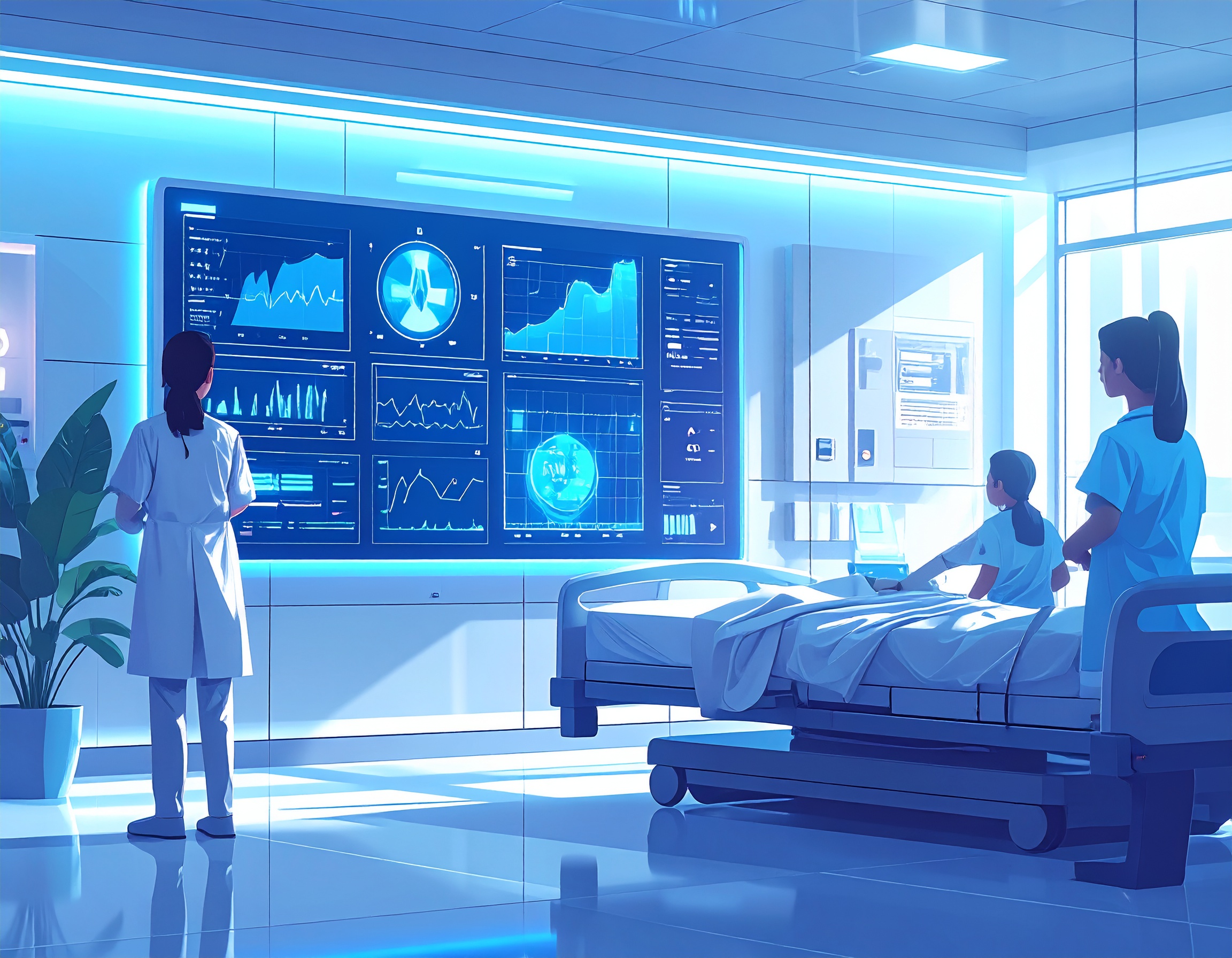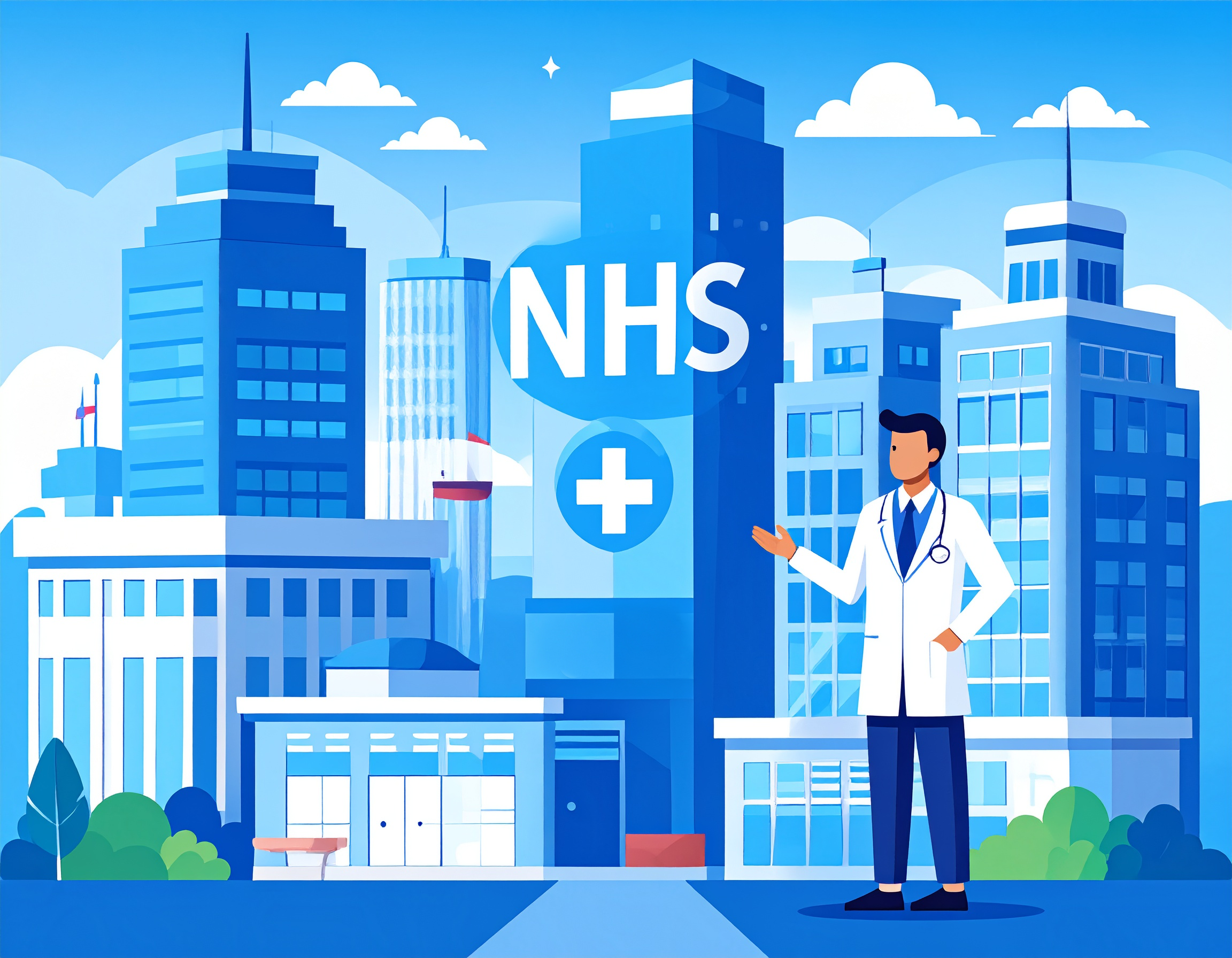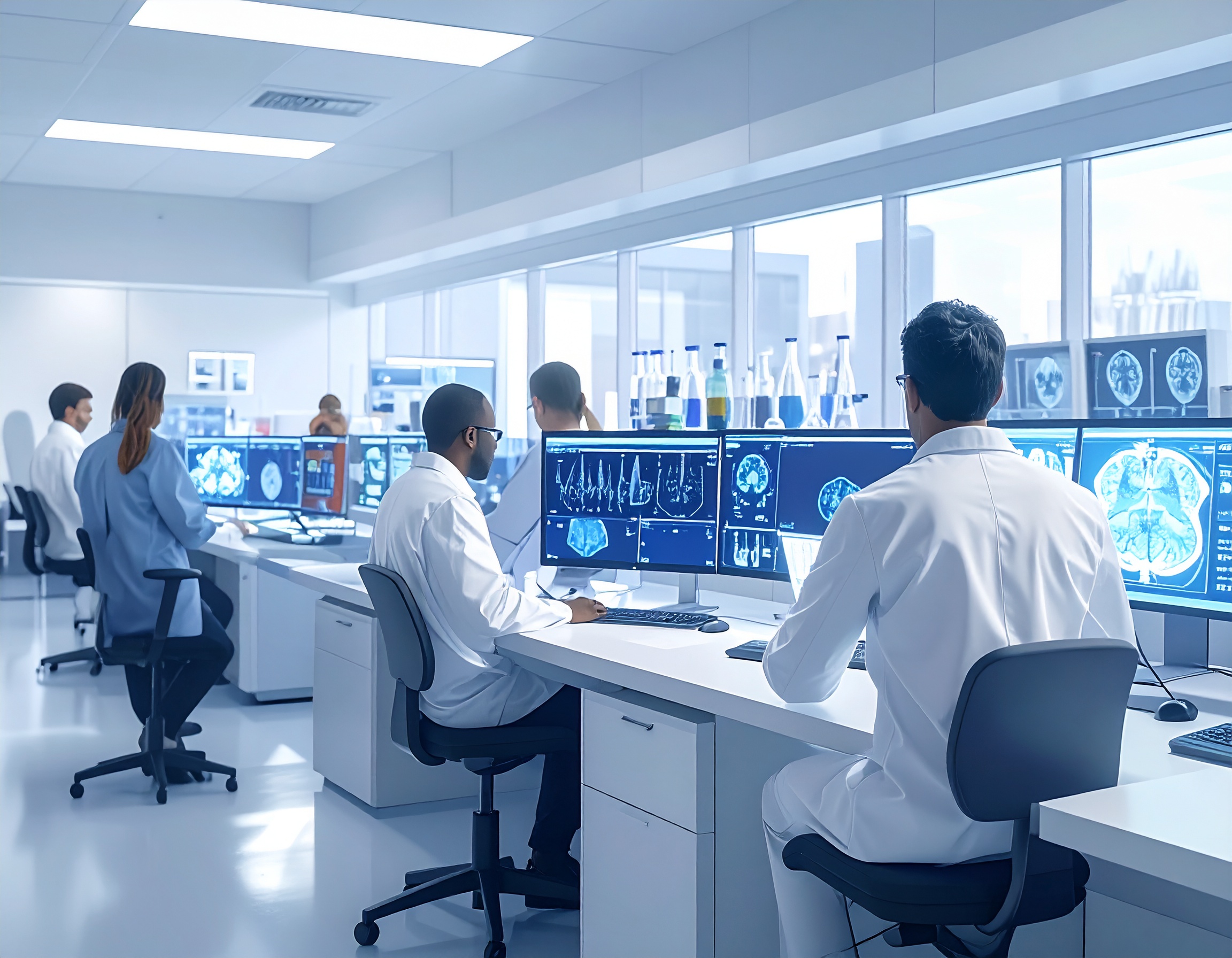NHS to Launch World-First AI Warning System to Detect Patient Safety Risks Earlier Than Ever Before

The UK Government has announced a groundbreaking plan to make the NHS the first health system in the world to deploy an AI-powered early warning system designed to detect patient safety risks before they escalate into major scandals. This cutting-edge initiative forms a central pillar of the government’s 10-Year Health Plan, set to be published this week by Health Secretary Wes Streeting.
The Department of Health and Social Care confirmed that the new AI technology will analyse near real-time hospital data to identify unusual patterns—such as higher-than-average rates of stillbirths, neonatal deaths, or brain injuries—and rapidly trigger inspections across NHS trusts. The approach aims to tackle long-standing issues in mental health, maternity services, and broader patient safety, following a series of devastating scandals that have shaken public confidence.
The announcement comes just days after Streeting launched a nationwide investigation into 15 years of maternity and neonatal care across England, promising “truth and accountability” for affected families. The inquiry, expected to report in December, reflects widespread concern over tragedies at major trusts such as Nottingham University Hospitals NHS Trust, fined £1.6 million earlier this year after failing to provide safe care to three infants.
From November, the new AI “signal system” will be rolled out across NHS trusts as part of a renewed drive to modernise safety monitoring and reduce harm.
Streeting said:
“Behind every patient safety breach is a life changed forever. Even one lapse is one too many. By embracing AI and introducing world-leading early warning systems, we can spot dangers sooner and launch rapid inspections before harm occurs. This technology will save lives and help transform the NHS from analogue to digital, delivering safer, faster, more responsive care for everyone.”
The government emphasises that the AI system builds on successful deployments already underway, including technology that accelerates cancer detection, stroke diagnosis, and clinical decision-making. Labour has positioned AI as a core driver of improved NHS productivity as it delivers additional health funding and works to reduce waiting times—one of its top electoral commitments.
Prof Meghana Pandit, Co-National Medical Director for NHS secondary care, said:
“The NHS in England will be the first country to trial an AI-enabled system that rapidly analyses routine hospital data and staff reports to flag patient safety concerns. This will turbo-charge our ability to detect risks early and respond quickly to protect patients.”
However, caution remains among healthcare leaders. Prof Nicola Ranger, General Secretary of the Royal College of Nursing, welcomed technological innovation but warned that AI must complement—not replace—investment in frontline staffing. “The right number of nurses on wards is where patient safety begins,” she said.
The government also confirmed new public health measures aimed at tackling the UK’s obesity crisis—one of the highest rates in Europe. A partnership with major supermarkets will promote healthier food choices, with ministers arguing that small reductions in calorie intake could remove millions of people from the obesity category. Critics, including the Conservative Party, have labelled the plan “nanny state” overreach.
As the NHS steps into a new era of AI-driven healthcare, ministers argue the reforms place patient safety, prevention, and digital transformation at the forefront of the next decade.

